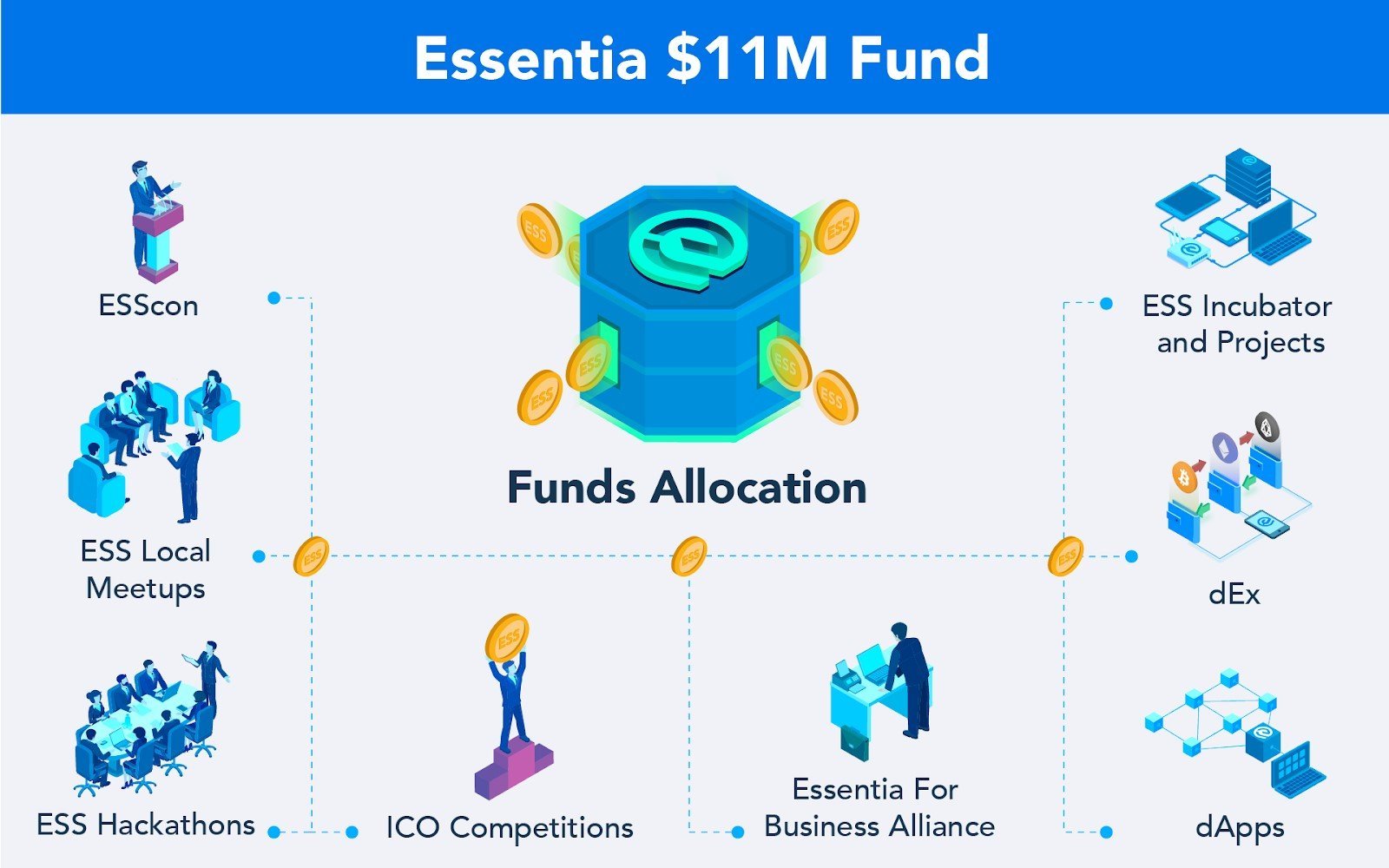2018-8-21 20:00 |
Voting systems are one of the more prominent use cases for blockchain technology. With their added transparency and immutability, there are plenty of options to explore in this regard. Various projects are working on combining blockchain and voting, although it remains to be seen how successful those ventures will be. The following projects are listed in alphabetical order.
4. AgoraAgora aims to bring voting systems into the digital age. That is much easier said than done, especially because most voting systems are not suited for the modern age. Ballots are still all too common when it comes to voting, and the entire process associated with voting needs to be revamped as well. Agora aims to introduce safe, secure, and transparent voting with the help of blockchain technology.
The main selling points of this venture are being tamper-proof, transparent, and private. The latter aspect pertains to protecting the identity and choices of individual voters. Moreover, Agora wants to make voting processes more accessible by allowing users to participate in a modern way. How that will be implemented exactly remains up to the project’s clients.
3. Follow My VoteBuilding a secure online voting platform will not be easy. Blockchain technology can play a major role in this regard. Follow My Vote provides open source software utilizing blockchain technology to introduce auditable and transparent voting. This technology can be accessed from any device, removing the need to visit voting locations in person. In this day and age, solutions like these will only become more important to the average person.
2. PolysSimilar to all other projects on this list, Polys aims to introduce immutability and anonymity when it comes to voting processes. With its ease of organization and ease of voting, Polys does not require any coding knowledge. The company has made some inroads in the voting industry already, as a few projects have embraced this concept in the past few months. As a result, Polys can safely claim that its technology increases voter turnout, saves man-hours, and makes voting quicker.
1. VotoSocialIt is evident that real votes should determine elections. In the real world, that is much easier said than done when relying on traditional voting systems. VotoSocial aims to offer a secure and decentralized open platform for e-voting and vote counting. It is designed for official political elections, as well as elections organized by schools, communities, and civil society organizations.
Among its key features are a lack of central control, voter privacy, auditable code and data, and native support for research. By maintaining an open dialogue with universities, the VotoSocial project can continue to grow and evolve. It is evident there is a need for more transparent and auditable voting processes all over the world, although it remains to be seen if and when such technologies will gain mainstream traction.
origin »Bitcoin price in Telegram @btc_price_every_hour
High Performance Blockchain (HPB) на Currencies.ru
|
|










